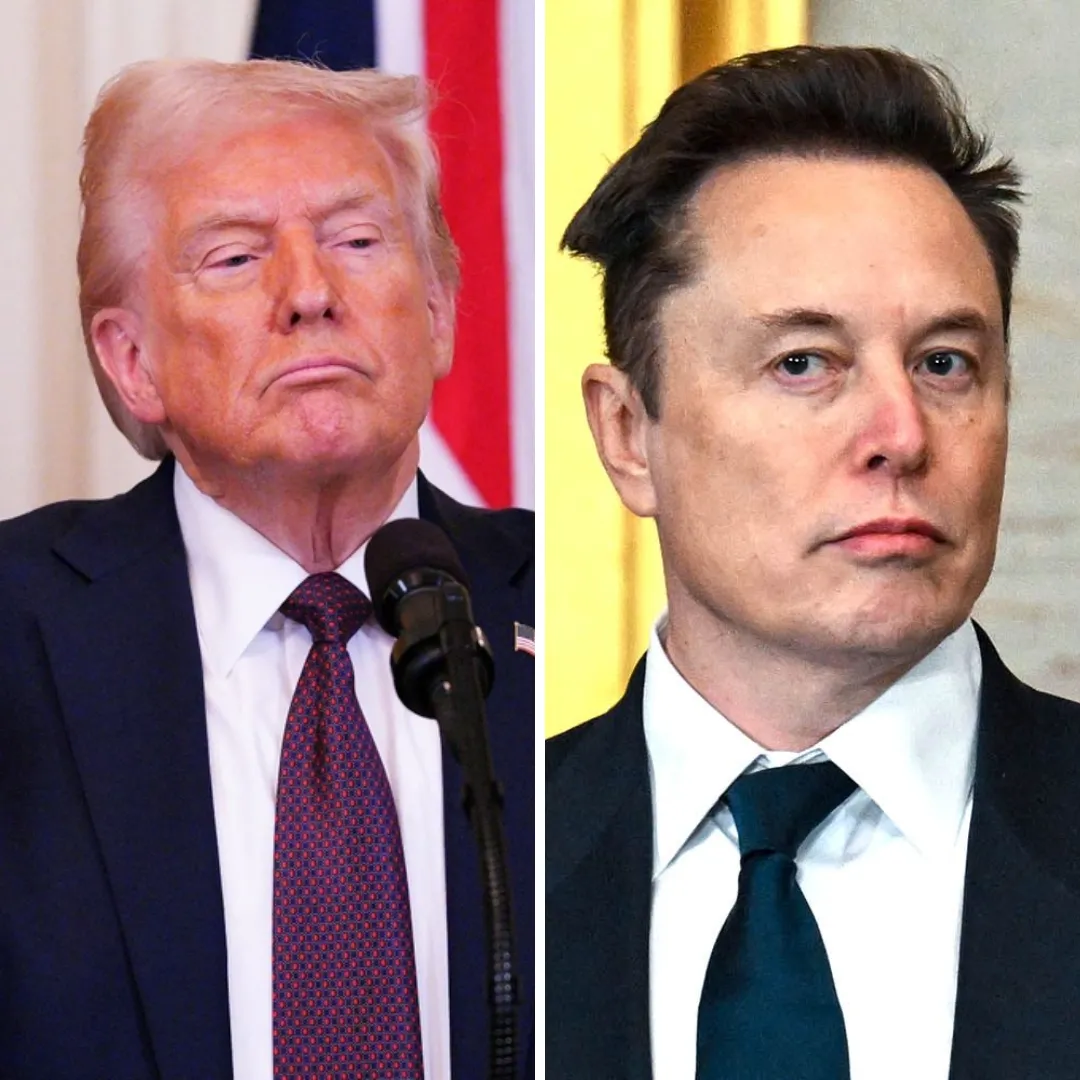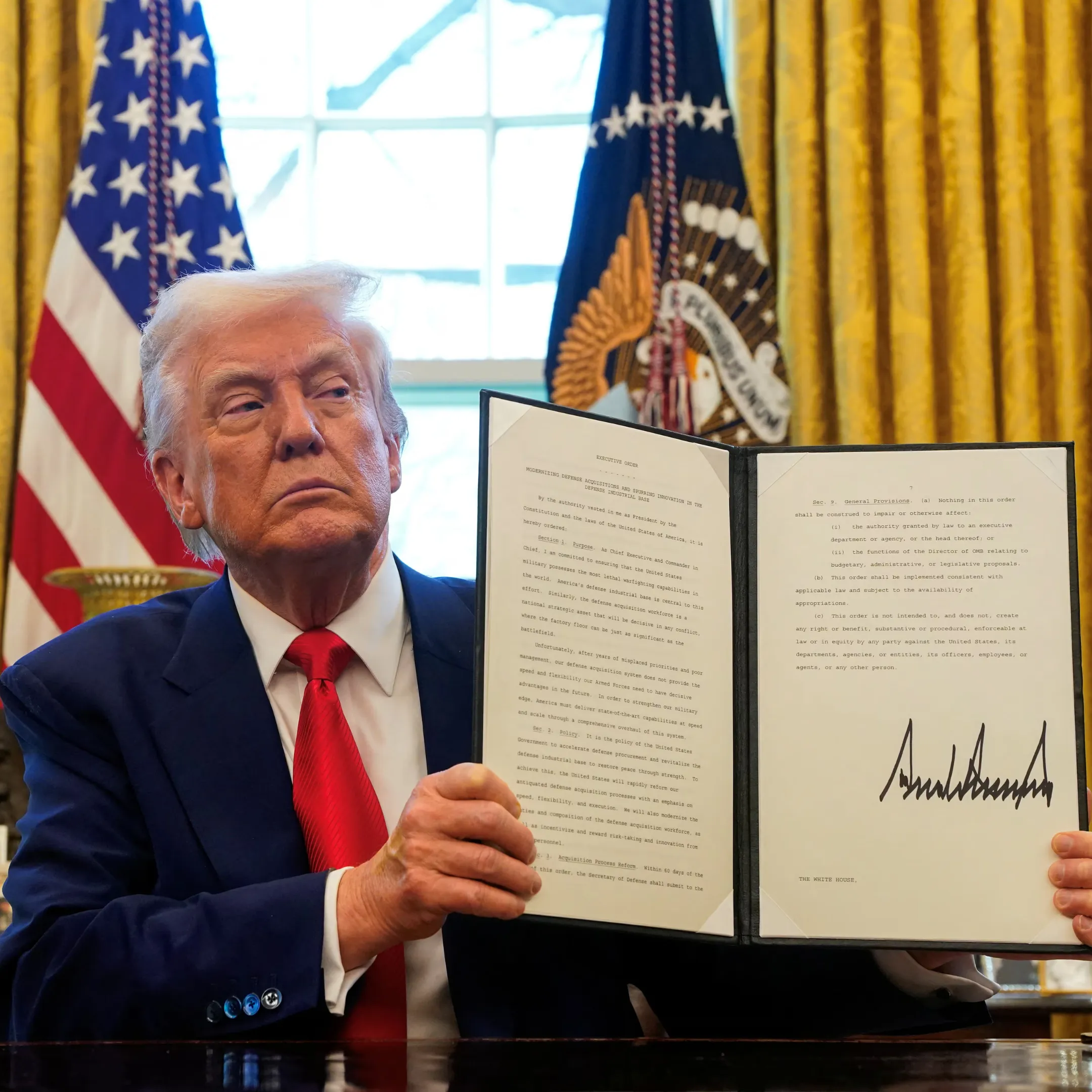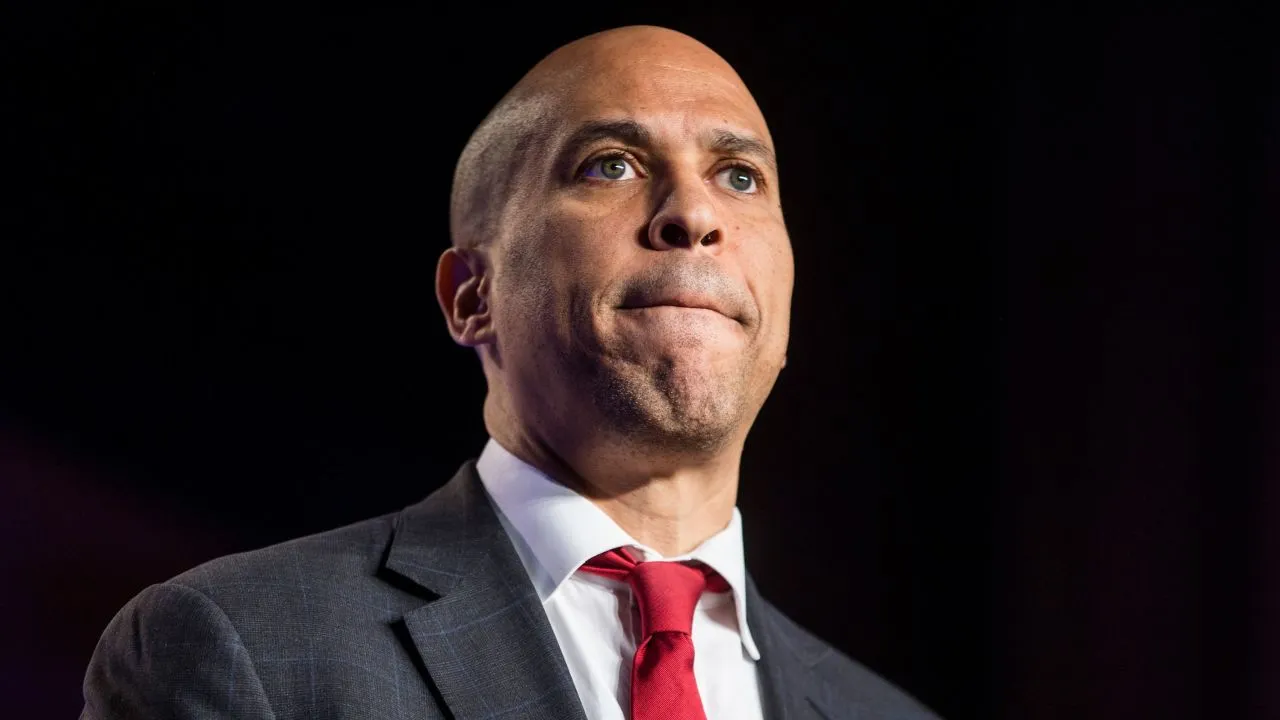
Something strange is happening in American politics, and it involves tariffs, a tech billionaire, and a chatbot. This week, people across the internet started asking a wild question: did Donald Trump’s team use ChatGPT to help design their new U.S. tariff policy?
What began as a half-joke quickly snowballed into something more serious when users realized that the formula announced by the former president looked nearly identical to a calculation produced by the AI chatbot when asked a simple question about trade deficits.
The formula, rolled out during Trump’s “Make America Wealthy” campaign event, seemed straightforward. For each country the U.S. has a trade deficit with, take the amount of the deficit, divide it by total imports from that country, and apply that number as a tariff. If the result is less than ten percent, then apply a flat 10% tariff instead.
It sounded clean and tough — a perfect talking point — until people online started comparing it to what ChatGPT spits out when asked a nearly identical question. That was when things took a turn.
One political commentator pointed out that the numbers didn’t seem to add up. “They’re literally using a formula that looks like it came from a bad AI prompt,” he said, explaining that the logic behind the tariffs had none of the nuance expected in actual trade policy.
Within hours, social media was flooded with people running their own experiments — typing the same prompt into ChatGPT and getting eerily similar results. A simple question about tariffs, typed into a chatbot, seemed to produce the backbone of a real U.S. economic policy.
As the rumor spread, a wave of disbelief followed. “There’s no way they actually used ChatGPT for this,” one user posted, “but if they didn’t, then it’s a hell of a coincidence.” Others were less forgiving, accusing the Trump team of using an AI tool to bypass proper analysis. One influencer, in a video that racked up millions of views, put it bluntly: “This is how we’re doing trade war with the world? Based on a chatbot answer?”
In financial markets, the reaction was far from humorous. The day after the tariff plan was revealed, both the S&P 500 and Nasdaq took a steep dive, with tech stocks getting hit the hardest.
Traders started to panic that a new round of global trade instability could be on the horizon. Analysts said the markets were reacting not just to the tariffs themselves, but to the uncertainty around how — and why — these numbers were chosen.
What makes the story even more surreal is that no one from the Trump campaign has directly addressed whether ChatGPT was used. There’s been no denial, but also no confirmation. Instead, campaign aides defended the plan as common-sense economics.
One insider reportedly said that the formula was “simple enough for regular Americans to understand” and “patriotic in principle,” adding that this approach would put pressure on countries that take advantage of the U.S. without triggering long negotiations or legal red tape.
But economists weren’t impressed. Some said that the formula, while mathematically neat, ignores the reality of global trade. One senior policy analyst noted that trade deficits aren’t necessarily a sign of unfair trade, and using them as a basis for tariffs could hurt U.S. businesses more than help them.
“It’s a blunt tool,” he said. “It might feel good politically, but in practice, it’s like trying to perform surgery with a hammer.”
The biggest concern, however, isn’t just about the numbers — it’s about the precedent. If AI tools like ChatGPT are being used to generate ideas that directly influence policy, what does that mean for accountability?
In theory, ChatGPT is just a tool — a way to brainstorm, explore options, or generate drafts. But if that tool is being treated as a shortcut to policymaking, especially on something as complex as international trade, the implications are huge.

One former trade advisor said the possibility of using ChatGPT like this “crosses a line.” He argued that while AI can be helpful in research or writing, it’s not meant to replace experts who understand how tariffs affect global supply chains, domestic industries, and geopolitical alliances. “This isn’t a school essay,” he said, “it’s the U.S. economy.”
Despite the criticism, Trump and his allies are leaning into the narrative. They’re framing the plan as bold, simple, and effective — a return to America-first economics. Privately, some campaign officials have acknowledged that the policy’s simplicity is part of its appeal.
“It doesn’t matter where it came from,” one source said, “what matters is that it works — and voters like it.”
Still, the conversation about AI’s role in government isn’t going away. Whether or not ChatGPT was actually involved in this specific policy, the fact that so many people believe it could be — and that the policy aligns so closely with an AI-generated response — is a story in itself.
It shows how blurred the lines have become between digital tools and real-world decisions.
The bigger question now is where this goes next. Will other campaigns follow the same path? Will policymakers start using AI more openly, or will they hide it behind layers of consultants and advisors?
And what happens when the public starts to lose faith in whether their leaders are thinking for themselves — or just typing into a box?
At the very least, this episode has forced people to reckon with something new: AI isn’t just influencing what we read or watch online — it might be helping shape the rules we live by. And in a world already flooded with misinformation, automation, and digital shortcuts, that’s both exciting and terrifying.

Whether Trump’s tariff plan survives the scrutiny or not, the real legacy of this moment might be cultural. It’s a sign that we’re entering a new political age — one where ideas don’t always come from think tanks or economists, but from code. And for better or worse, that’s going to change how campaigns are run, how policies are built, and how voters judge the people in power.



